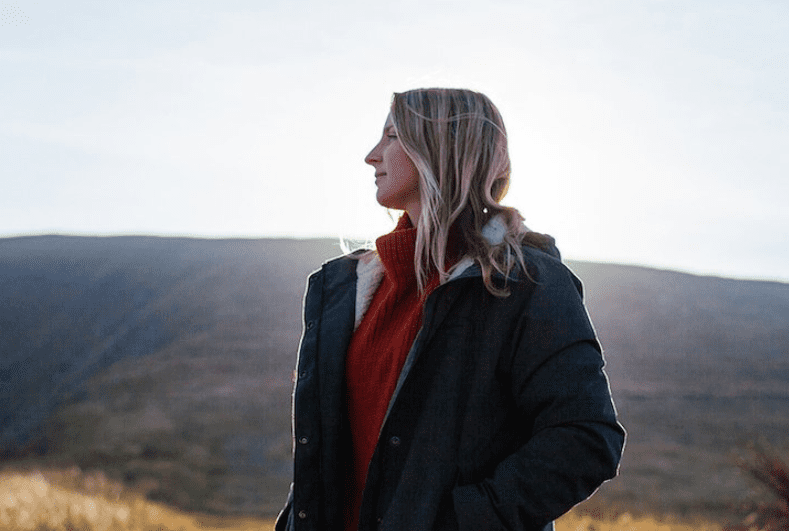Easkey Britton, five-times Irish national surfing champion and a true lover of big waves, is a professional marine social scientist who specialises in exploring the relationship between people and nature, especially water environments. Here Dr. Britton – she has a PhD in Environment and Society and is a post-doctoral research fellow at the Whitaker Institute, National University of Ireland, Galway – gives us an insight into her relationship with all things surfing.
What do you love about surfing?
For me it has always been a way to feel a sense of play, and connect more deeply with the sea – a tool to engage with the movement of the sea and the energy of waves. It's really multi-sensory and engages all your senses.
How did you start?
I grew up on the north-west coast of Donegal in Ireland, with surfing parents, so it was very much a way of life from the get-go. I began when I was about four. There's a long history of surfing in my family, with my dad and his brothers being among the pioneering surfers in the country, so it was an extension of family life really.
Who or what inspired you?
Obviously my parents, but also when I was younger I was inspired by the late Rell Sunn, a Hawaiian surfer who I first learned about in a surf magazine. She had a lovely combination of strength, movement and grace, and a sense of compassion and a belief in sharing what your passion was. She was really big on passing skills onto the next generation, and advocated women’s rights and women’s greater visibility in surfing. She was in that vanguard of women who were the first to compete on the women's pro-surfing tour. She was surfing and competing, but also showed how to make surfing part of your lifestyle.
What’s the biggest barrier to progressing as a surfer?
Maintaining the right mindset is as important as anything else – it's more important than the physical side. You need to treat it all as play rather than performance.
What has it taught you about life?
For me, surfing is a really active, powerful metaphor for life. It teaches me to maintain balance in my life, and to remain connected to nature and have that escape from everyday stresses and pressures. It's also very humbling to be immersed in an environment that is so powerful and unpredictable, and it teaches you to surrender the need for control and just be in the moment.
What has it taught you about your body?
Incredible body awareness in terms of balance, movement, centre of gravity. You also learn a lot when you're getting tossed and tumbled around – it's a great way to learn how to relax in what feel like stressful situations. I'm always amazed by the changes that can happen when your body is in water.
Does it de-stress you?
Yes, because you have to get into that headspace that's all about being in the moment. In the sea, you have to let your body respond to your surroundings, so it's often about feeling more than thinking. It can be quite challenging to do that as an adult, because we spend most of our time thinking ahead, or analysing what might happen next.
What are the greatest myths or misconceptions about it?
That there's one correct way to do it, and that you have to use a shortboard. Shortboards can feel like riding a spear, and they're hard to paddle. There are loads of different boards and ways to go about riding waves, other than standing up on a shortboard!
Isn’t it embarrassing to do if you’re a newbie? How should someone deal with that?
The playful attitude is so important. Reconnect with the sort of playful mindset you had as a child and don't have that inner critic judging and analysing what you're doing.
What’s the best time you ever had surfing?
There have been so many great times! The most powerful have always been the big wave surfing here in Ireland. When you're in big waves of 20 or 30 feet it's incredibly exhilarating – as well as being as scary as hell!
